Spermidine Benefits & Everything You Need to Know
Spermidine Benefits & Everything You Need to Know
For centuries, and all around the world, the lure of a fountain of youth has kept us searching for that elusive secret elixir that will restore our youthfulness and increase our lifespan. But what researchers are starting to realize is that we already possess an essential key to health and longevity.
About ten years ago, Austrian professor Dr. Frank Madeo discovered that spermidine could trigger autophagy—a renewal process that helps keep our cells young and disease-free. This discovery sparked a boom of international research on the naturally occurring molecule and its role in long-lasting health. As you will soon learn, the benefits of spermidine are immense, and consuming adequate amounts is simple enough.
What Is Spermidine?
Spermidine is found in all plants and animals, and it is a molecule that is part of a group known as polyamines. Polyamines interact with our cells and are responsible for performing various metabolic functions. We get spermidine from the food we eat, and some foods, like broccoli and whole grains, are particularly rich in it. As we age, the spermidine content in our cells decreases; this can begin as early as 25 years old. It is this deficiency that can contribute to the expedited aging of our cells and aging-related conditions.
To help avoid or correct a deficiency, spermidineLIFE, an all-natural dietary supplement available at the New York Center for Innovative Medicine, has turned cell care into self-care. Made from spermidine-rich wheat germ extract, zinc, and vitamin B1, just two capsules a day will help replenish your natural spermidine levels. In combination with other healthy habits like eating a nutrient-dense diet, getting the right amount of sleep, and exercising regularly, supplying your cells with a boost of spermidine is a winning combination for long-lived health.
What is the main function of spermidine?
Spermidine is vital for many cellular processes, including DNA stability, cellular growth, apoptosis (natural cell death), and cellular differentiation (the process where one cell type changes its function). But what has really piqued the interest of scientists is spermidine’s ability to promote autophagy (aa·taa·fuh·jee).
The literal breakdown of the word autophagy is “auto” meaning “self” and “phagia” meaning “eating or devouring.” While “self-eating” sounds gruesome, this self-preservation mechanism is beneficial to overall health. This process “allows cells to adapt to stress, to mobilize their energetic reserves, and to degrade potentially harmful constituents.” An increase in autophagic flux may improve both health and life span.
One of the great benefits of fasting is its potential for inducing autophagy. However, the correlation between autophagy and spermidine is proving to be the same as intermittent macronutrient starvation. Autophagy is responsible for removing toxic proteins from your cells, which can lead to age-related diseases like Alzheimer’s and Parkinson’s. This incredible process also provides energy and the building blocks for your cells and promotes regeneration and cell health.
Replenishing your natural spermidine levels is crucial to supporting your immune system and cardiovascular system, your cell’s ability to detoxify, regenerate, and perform their roles efficiently, and to a long life where you age gracefully.
What Are the Main Benefits of Spermidine?
Anti-aging
While we can’t turn back time, we can slow down the effects of time on our health. By this point, it is probably clear to you that autophagy and spermidine are like two peas in a pod (green peas are actually very high in spermidine). The magic of this molecule is in its ability to promote this anti-aging process. Autophagy takes care of stressed, diseased, or aged cells so that regenerated or new cells can take their place. Healthy cells equal a healthy body, and a healthy body leads to graceful aging. Autophagy is key to homeostasis.
Longevity
Interestingly, the typical diets of Blue Zone cultures—a few places around the world where there is a high rate of healthy centenarians—are very high in spermidine. Aside from maintaining a sense of purpose, community, and family, remaining active, drinking red wine moderately and socially, and managing stress, Blue Zone cultures all share something else in common—predominately plant-based diets that are homemade with real, unprocessed ingredients. These nutrient-dense, natural diets greatly contribute to an increase in lifespan. Like amino acids, antioxidants, and other essential vitamins and minerals, spermidine is part of the health and longevity recipe.
Immunity
As we get older, our bodies have a more challenging time inducing autophagy, which is necessary for proper immune function. Therefore, it is important to maintain high spermidine levels through your diet. Autophagy protects your body from foreign invaders by destroying antigens. A robust immune system is synonymous with a high rate of autophagic function. Aside from supporting autophagy, spermidine also helps decrease oxidative stress levels.
Cardiovascular function
The word of the day: autophagy! Cardiac aging occurs with the presence of “hypertrophy, fibrosis, and accumulation of misfolded proteins and dysfunctional mitochondria,” according to Aging and Autophagy in the Heart. On the contrary, the stimulation of autophagy removes “accumulated misfolded proteins, dysfunctional mitochondria, and damaged DNA, thereby improving the overall cellular environment and alleviating aging-associated pathology in the heart.” To stimulate autophagy, the sufficient presence of spermidine is needed.
FAQ About Spermidine
What food is highest in spermidine?
As mentioned earlier, we get spermidine from our diet. Spermidine is most readily absorbed from the gut. The beauty of a spermidine-rich diet is that it is a diverse and delicious one. Foods that contain high levels of spermidine include (but are not limited to):
- Aged cheeses
- Broccoli
- Cauliflower
- Chickpeas
- Durian
- Green peas
- Green pepper
- Mangoes
- Mushrooms (oyster, maitake, shitake, snow)
- Rice
- Rice Bran
- Soybean
- Wheat germ
- Whole grains
Is spermidine an amino acid?
Polyamines are synthesized from two amino acids. Spermidine is a polyamine. Polyamines play a major role in cell survival, growth, and proliferation. The three most important polyamines are spermidine, spermine, and putrescine.
What is the difference between spermidine and spermine?
Spermine is derived from spermidine and is different because of its additional carbon and nitrogen atoms.
Is there a difference in the effects of spermidine on males and females?
Spermidine was first discovered in human semen—hence the name. However, spermidine is found in and is necessary for both males and females. Polyamines are essential for diverse reproductive functions, which differ between males and females. They play an important role in everything from the production of sperm and ovarian follicle development to embryo implantation and postnatal development. Besides spermidine’s roles in reproduction, its contribution to autophagy is the same between males and females.
Food Is the Fountain of Youth
The benefits of spermidine directly correlate with the benefits of autophagy. Since spermidine and autophagy both naturally decline as we age, it is all the more important to ensure that your diet is rich in this powerful polyamine. You are what you eat, and food is thy medicine!
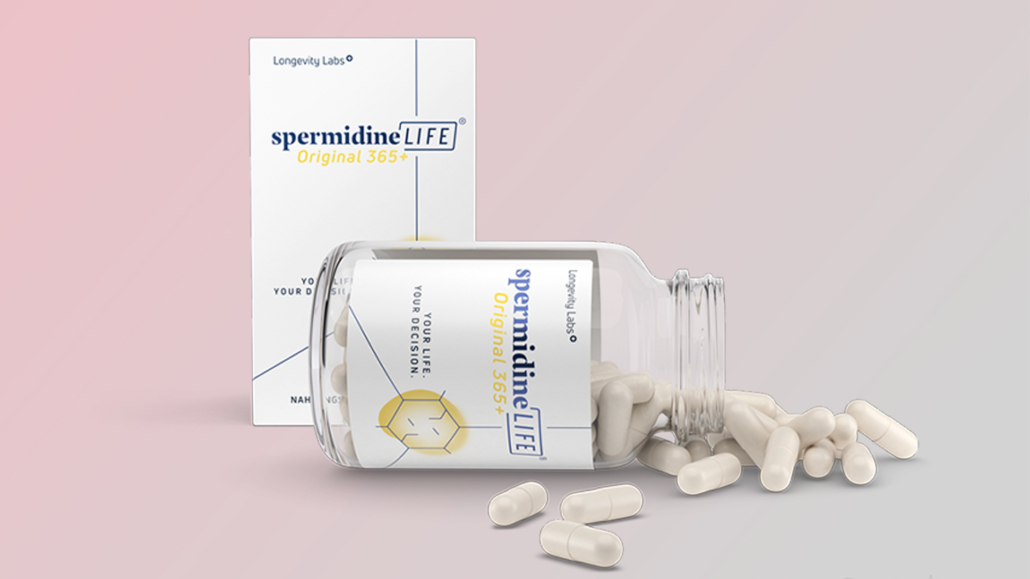
Disclaimer: The statements made in this article have not been evaluated by the Food and Drug Administration. Any products or treatments mentioned are not intended to diagnose, treat, cure, or prevent any disease. Please consult a licensed medical practitioner for medical advice.
At Innovative Medicine, we believe in transparency. We want you to know that we may participate in affiliate advertising programs pertaining to products mentioned herein.
See how we can help you restore complete health of body, mind & spirit.
Join our mailing list and receive exclusive offers + information!
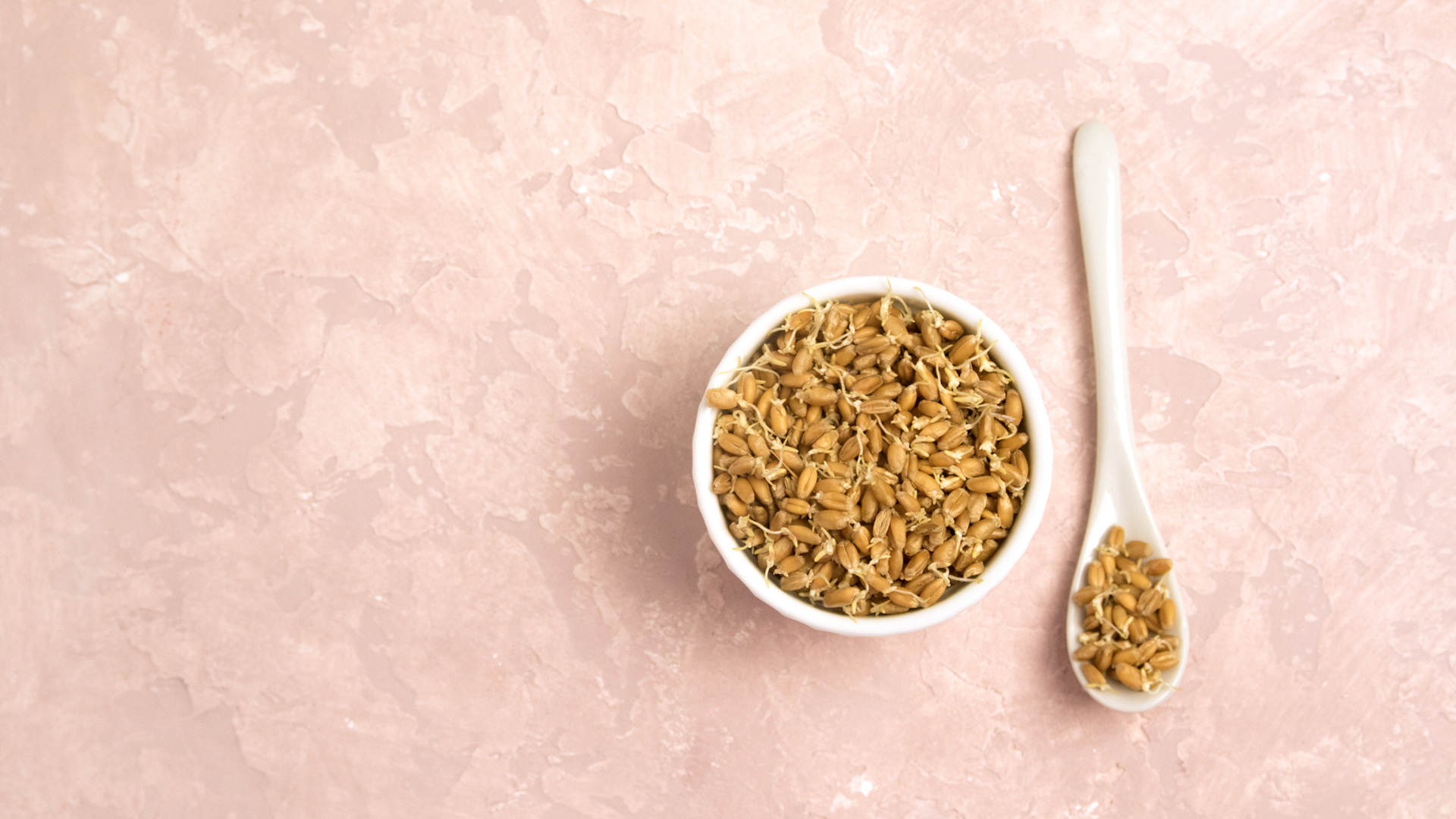


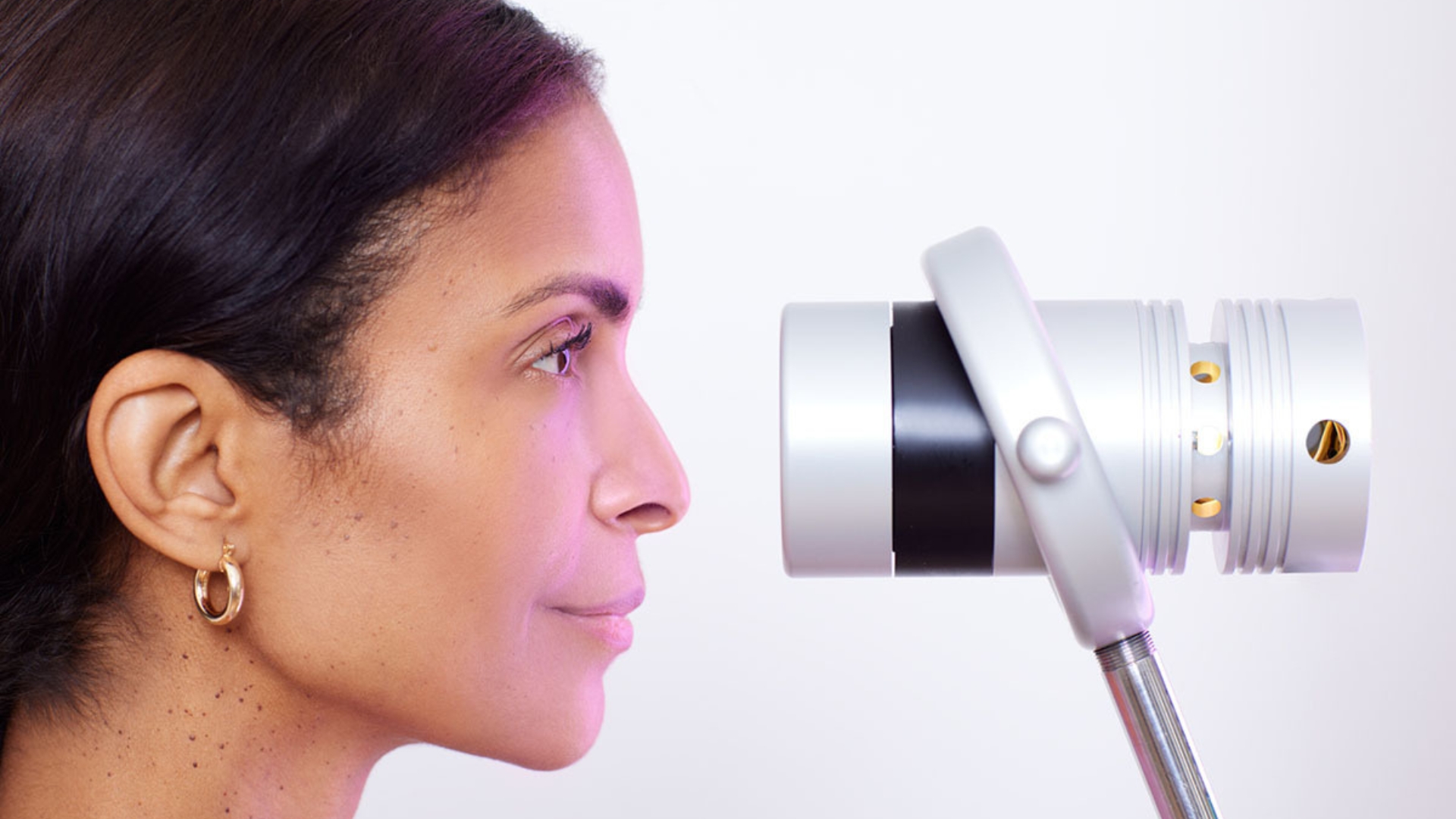
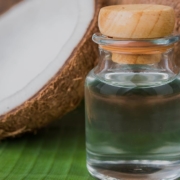
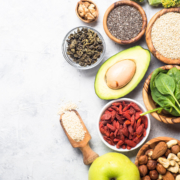

Leave a Reply
Want to join the discussion?Feel free to contribute!